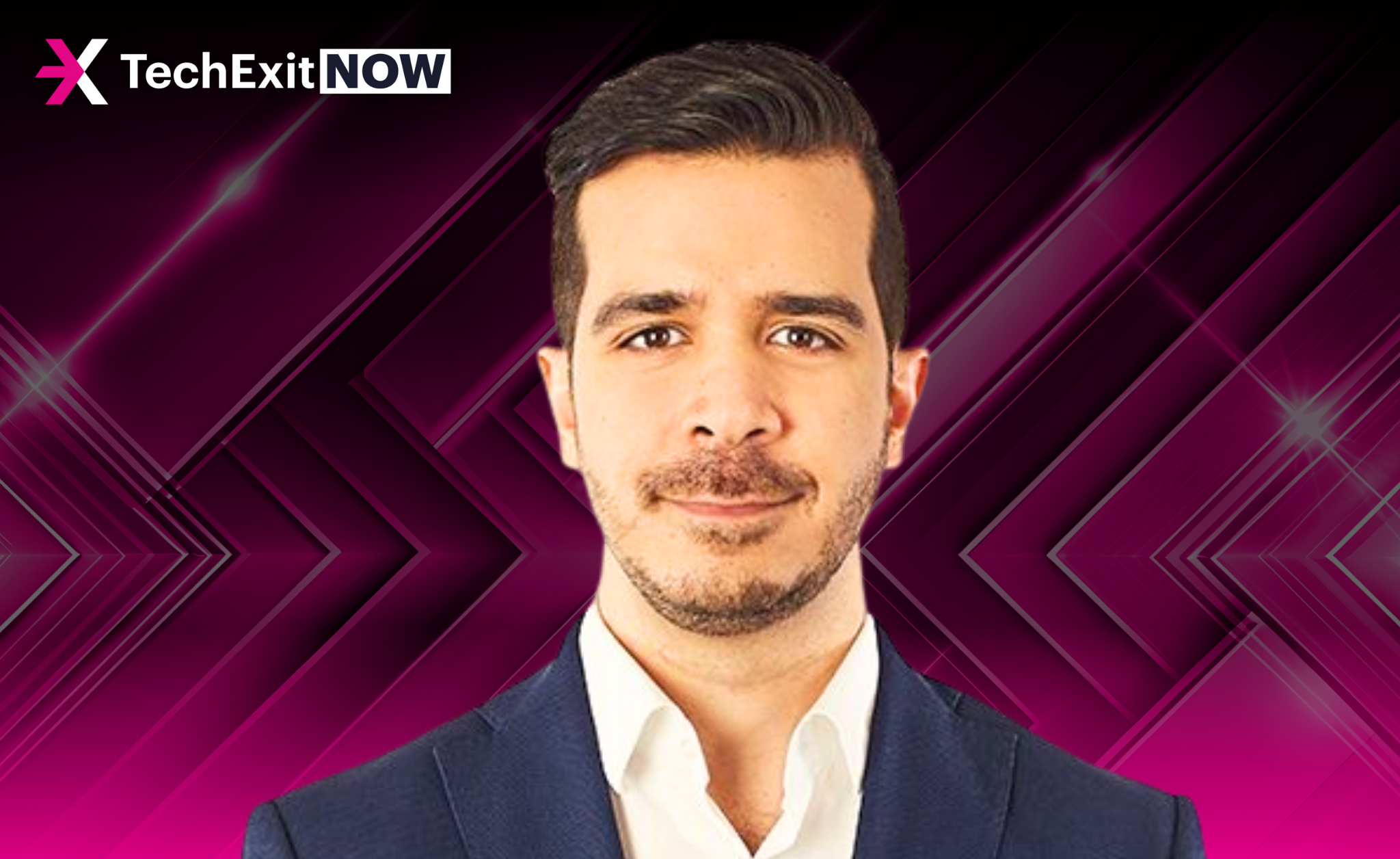Private equity is often portrayed as a clean financial transaction: negotiate terms, sign the deal, cash out. In reality, it’s far more complex.
For founders, the real impact of a PE deal is felt long after the ink dries, on employees, customers, and your own personal identity. The valuation may look tidy on paper, but what happens next often determines whether you view the deal as a win or a regret.
According to Narbe Alexandrian, Founder & CEO of Define Capital, founder readiness is just as important as company readiness. The key questions aren’t just about multiples or structure, they’re about vision, values, and what happens after you hand over control.
Key takeaways:
- Choose alignment over capital: The right PE partner matters more than the biggest cheque.
- Protect your company’s future: Ask directly what happens post-acquisition.
- Be personally ready: Financially and emotionally prepare before you sign.
- Define your next chapter: Clarity on what comes after helps you—and the buyer.
Here are four readiness questions every founder should ask before saying yes to private equity.
1. Am I Aligned With The Right Kind Of PE Partner?
Not all private equity firms operate the same way.
Many aim for the “second bite”, buying into your company, scaling it quickly, and flipping it again within five years.
Narbe built Define Capital differently. His permanent capital model is about giving founders and their companies a lasting home.
“I always tell founders [their] legacy is never going to change—that logo that’s up on the wall or up on the building… I will never change that logo. You can go to your great grandkids and say, ‘That’s the company that I built.’”
The capital may look the same, but the philosophy behind it is radically different. Some firms want speed. Others want to preserve what you built. Your readiness starts with knowing which model aligns with your goals.
2. What Will Happen To My Company After The Deal?
The most overlooked question in negotiations is often the most important: what happens once they own you?
With traditional PE, the pattern can be disruptive: R&D budgets cut, prices increased, and founders tied to earn-outs that keep them working under new rules.
“The whole game has changed. You may end up with fewer people on R&D and a higher price, so it’s harder to compete. You’re not going to hit that potential that you want.”
Even if you’re ready to step away, you owe it to your people and your legacy to understand what the acquirer plans to do.
Ask directly about post-acquisition strategy. If a buyer avoids the question, that’s an answer in itself.
3. Am I Personally Ready For This Exit?
Selling your business is both a corporate milestone and a personal turning point.
“Once you sell, you won’t have business cash flows in the future. How will you pay for your lifestyle? If it’s with dividend-paying investments, those will also carry different tax rules than earned income. Further, you won’t be able to run expenses through your corporation.”
Narbe stresses that founders need to think not just about taxes and finances, but also about whether they’re emotionally prepared to let go.
“They’ve sacrificed missing their kid’s hockey games and soccer games and instead staying at work to fix something for a customer. You want to make sure that they actually want to go down this path, and it’s something that they’re comfortable with.”
You need to be brutally honest with yourself about whether you’re financially and emotionally ready to sell.
4. What Do I Want To Do Next & Why?
Selling creates a vacuum. Founders often underestimate how much their identity is tied to their business.
Some move into retirement or philanthropy. Others start another company. But clarity matters, for you and for the buyer.
“If you’re switching one vertical software for another vertical software, and you want to start all over again… you kind of have to question why. Does that make sense? And is there something that I don’t know within the business?”
Remember, your next chapter is part of the deal. Buyers want to know you’ve thought it through.
Final Word For Founders
At its core, private equity is as much about values and legacy as it is about numbers.
The founders who succeed in PE deals are the ones who ask hard questions:
- Am I aligned with the right type of PE partner?
- Do I know what will really happen to my company post-deal?
- Am I financially and emotionally ready to sell?
- Do I have clarity on what comes next?
At TechExit.io Toronto 2025, you can hear more insights from Narbe, who will moderate the session:
Show Me the Money! What’s Your Company Really Worth? Alongside panelists: Talia Abramowitz (Deloitte Ventures), Frazer House (BLG), Mitch Robinson (Sampford Advisors)
You’ll learn how valuations are shifting in 2025, what buyers are really looking for, and how to increase your company’s perceived value, whether PE is in your future or not.
TechExit.io: Learn how to acquire—or get acquired. Hear lessons from the biggest success stories and at this year’s TechExit.io Toronto explore how optionality and discipline keep every path open, from growth and IPO to acquisition.

